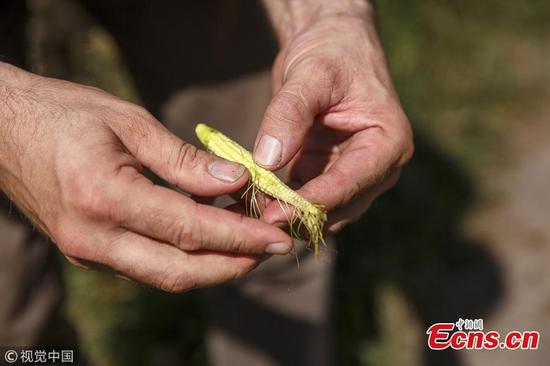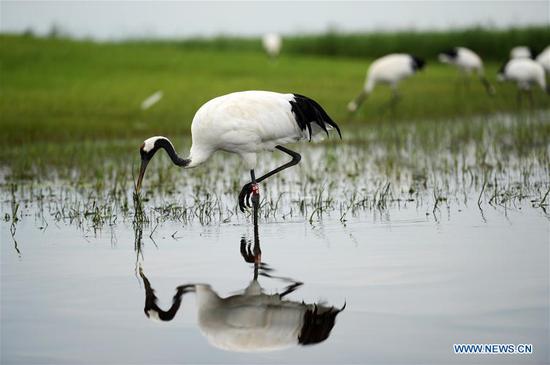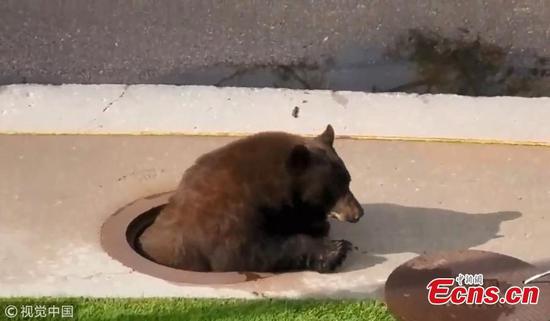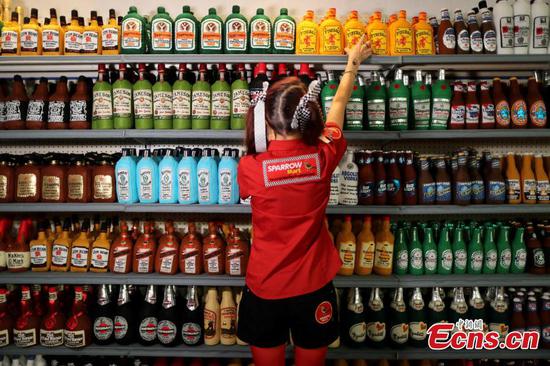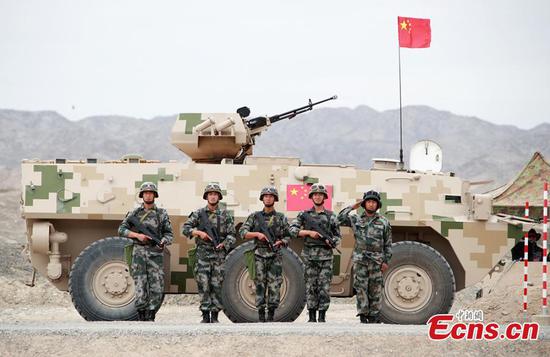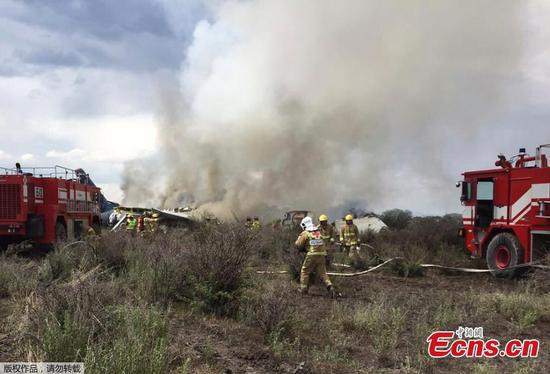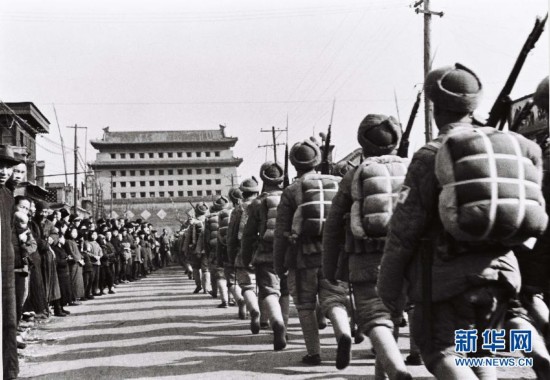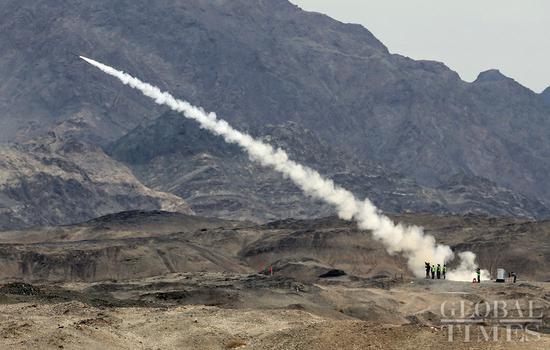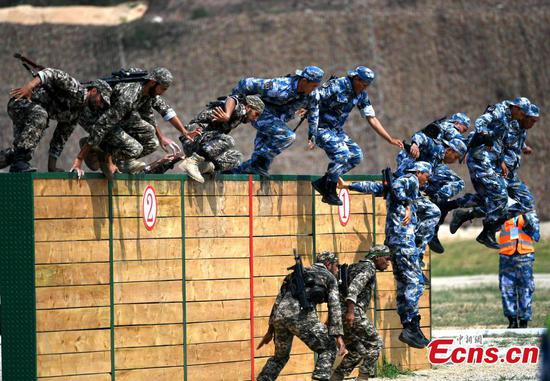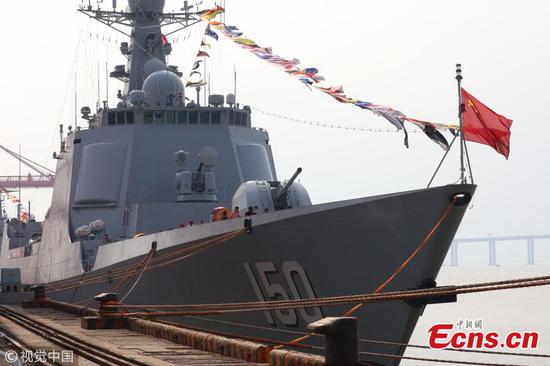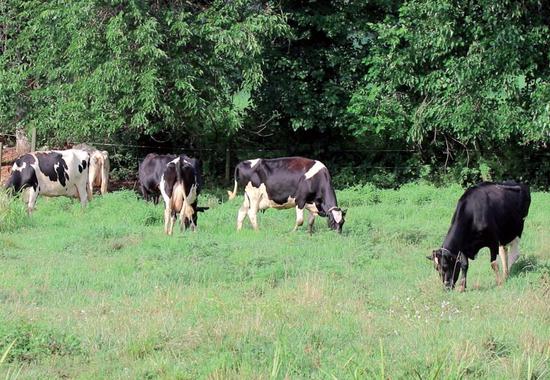
Cows graze on Bill Beam's farm outside of Philadelphia, Pennsylvania. The farm has been in Beam's family since the early 1950s. Beam said he will probably apply for aid under a $12 billion federal program. (Calvin Zhou / CHINA DAILY)
Both said they have seen about a $2-a-bushel drop in soybean prices since April when they planted the crop and when China first threatened tariffs on U.S. exports.
"That means we would have had a little profit under the old price. Now it's just about break-even," Boyd said.
Beam said: "It makes it difficult to make money. I am not looking to go out of business, but it certainly makes it more challenging. The highest price I got this year was about $10.85 a bushel. If I sold it today, I would get about $8 a bushel and I am not going to sell my crop at that price."
Pennsylvania has a thriving agricultural economy, which is vital in rural areas and plays an important role in the state's overall economy, said Jim Dunn, professor emeritus of agricultural economics at Penn State University.
Certain counties are some of the highest-producing agricultural counties in the nation, Dunn said.
Agriculture, more than many other industries in the U.S., is heavily dependent on exports. "China is our second-biggest export customer behind Mexico," Dunn said. "China is an important dairy customer for the U.S., and dairy represents a big part of the state's agricultural economy."
What makes the current environment particularly challenging for the farm economy is that in addition to China, the U.S. is engaged in trade disputes with Canada, Mexico and the EU. Last week, the U.S. announced an agreement with the EU that may see rising U.S. soybean exports to the trade bloc.
Canada and Mexico, part of the North American Free Trade Agreement with the U.S., account for about 43 percent of the U.S. pork export market. Hoffman said exports added $53.47 to the average price of $147 per hog last year.
Depending on how the situation unfolds, all of this may mean that a perfect storm is brewing for Pennsylvania's agricultural economy, Dunn said. "Taking an aggressive stance against China is not helpful for the U.S. right now," he added.












